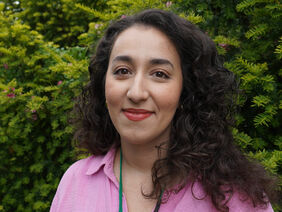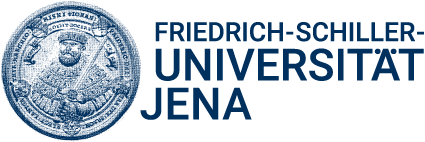Jena. Georgia Daraki, a doctoral student in the Morrison research group at FLI, was recently named a "Young Investigator" by the Children's Tumor Foundation, a non-profit organization that supports research and the identification of effective therapies for the genetic disorder Neurofibromatosis (NF).
With the two-year start-up funding of €71,660.00 Daraki can intensify her research on schwannomatosis (SWN), the rarest form of NF. SWN is a peripheral nervous system disorder where patients suffer from chronic pain and have predisposition to develop multiple non-intradermal schwannomas (tumors of the peripheral nervous system). One of the causes are mutations in a gene called LZTR1.
To better understand SWN, Georgia Daraki used a mouse model in her previous work where the LZTR1 gene is absent in Schwann cells. This model mirrored previous clinical observations and showed an increased sensitivity to painful stimuli. "On closer examination of the nerves, we registered structural changes in their protective sheath, the so-called myelin sheath. Using appropriate mouse and cell models, we found that problems with LZTR1 are related to the metabolism and composition of lipids (fats and fat-like substances). The delicate balance, crucial for the health of the peripheral nerves, is significantly impaired," explains the 29-year-old researcher.
Daraki's discovery further suggests that LZTR1-associated lipid metabolism dysregulation, affects the myelin sheath, which is mainly composed of lipids, potentially leading to increased pain. Georgia Daraki is confident: "Our research can enhance our understanding of why people with LZTR1-related Schwannomatosis experience pain and provide valuable insights into treatment options targeting lipid metabolism in nerves." These findings could significantly contribute to alleviating neuropathic pain in affected individuals.
The "Young Investigator Award" is CTF's oldest award program and offers two-years of salary support for young NF researchers. The goal is to attract researchers to the field and help them establish themselves as independent NF researchers. Since its inception, several YIA recipients have achieved groundbreaking research results and remarkable publications. Many awardees have gone on to pursue lifelong careers in the field of NF research.












